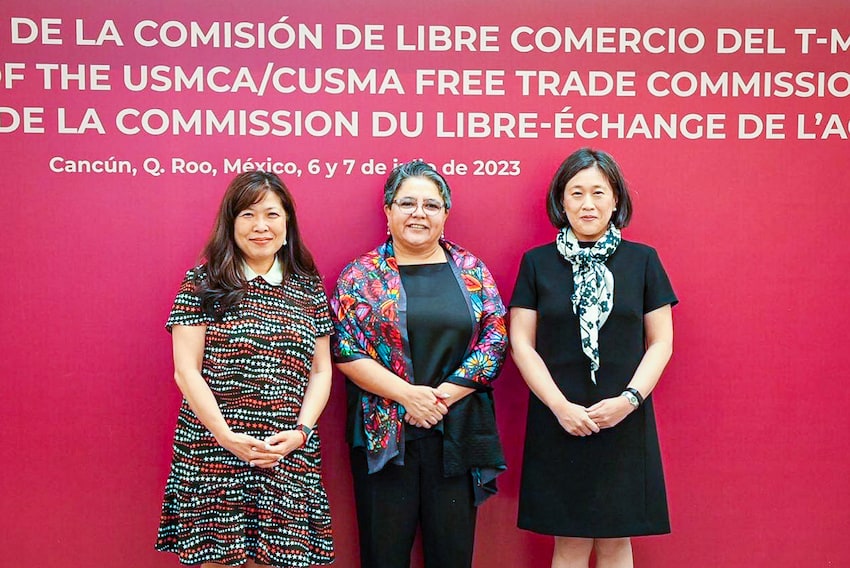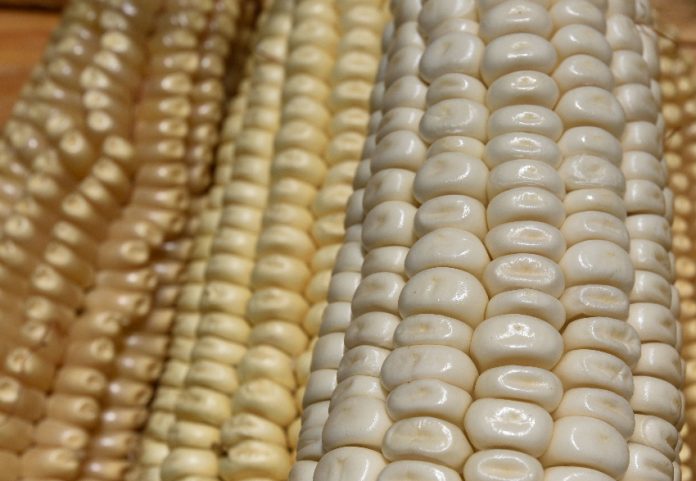Canada announced Friday that it will participate as a third party in the dispute settlement proceedings initiated by the United States over Mexico’s stance on genetically modified corn.
The announcement comes just over a week after the United States requested the establishment of a dispute settlement panel under the USMCA free trade pact to rule on Mexico’s ban on the use of GM corn in tortillas and dough and plan to phase out imports of such maize for use in all products for human consumption and as animal feed.

Canada’s Minister of Export Promotion, International Trade and Economic Development Mary Ng and Minister of Agriculture and Agri-Food Lawrence MacAulay said in a statement that Canada shares the concerns of the United States that Mexico is “not compliant with the science and risk analysis obligations” under the Sanitary and Phytosanitary Measures Chapter of the USMCA, which took effect in 2020.
“Canada believes that the measures taken by Mexico are not scientifically supported and have the potential to unnecessarily disrupt trade in the North American market,” they said.
Canada participated as a third party in dispute settlement consultations between Mexico and the U.S. over the GM corn issue. Those consultations failed to resolve the differences between Mexico and the United States, leading the U.S. to request the dispute settlement panel.
Mexican Economy Minister Raquel Buenrostro told the Reuters news agency on Monday that Mexico won’t make any changes to its GM corn decree before the establishment of the panel.

President López Obrador, who believes that GM corn is harmful to human health and poses a threat to native maize strains, asserted earlier this year that Mexico’s decision to phase out imports of GM corn doesn’t violate its commitments under the USMCA.
The Economy Ministry (SE) said last week that it is “prepared to defend the Mexican position before this international panel and prove that national regulations are consistent with the commitments subscribed to in the [trade] agreement and that the measures challenged [by the U.S.] have no commercial impact.”
Most of the corn consumed by Mexicans is grown in Mexico, but large quantities of yellow corn are imported from the United States to feed livestock. Those imports are worth about US $5 billion per year.
U.S. farmers who grow GM corn don’t want to lose access to the lucrative Mexican market and have pressured the U.S. government to act in favor of their interests.
Citing timeframes set out in the USMCA, the SE said it had calculated that the dispute settlement panel will reach a decision some time in 2024.
Mexico News Daily
